Success Stories
“Working with Raquell helped me to understand my own work, how to have fun with complex situations and how to meaningfully communicate my work to others. Her representation of minorities and their impact was also vital to me.”
“With no experience in improv or acting, this was all very new to me. I found it to be a lot of fun, very inspiring and offering life-changing benefits. I learned how to develop “stage presence” and how I can change my ‘performance.’”
“You were very influential in my education. The experience of being in the workshop and coaching with you changed how I did graduate school. You helped me see communication differently.”
“The ability to connect is what Raquell brings to her clients because she teaches others how to have new conversations, new ways of talking and to build community. I attended Raquell’s workshops to see her work magic. I saw how she helped scientists unlock something they didn’t even know was locked.”
“The focus on building community that I developed through working with Raquell is of particular import this year during the pandemic. With teaching having moved online, students lose the natural interactions that happen in a shared physical environment.”
“Dr. Holmes invited MTBI students into conversations as a way of building community. She invited them to go deeper in exploring and finding the value of the different improv games, analogous to their roles as students in the program.”
“improvscience is something special that transcends the separation between the performer (scientist) and audience (learner). Because of improvscience’s awakening of play and performance in me as an instrument, Strong TIES now integrates this powerful element in all its programs.”
“Beyond getting kids excited about science, science communication has a natural place in society and social issues. Being on the committee taught me to think outside of the box in my work and in my own professional development.”
“Simply put, I gained overall better awareness of communication from being around Raquell, which had an impact both on my teaching and research.”
“What I learned with improvisation and performance, I use every day, even more so in my role as a manager. I am able to bring consensus to discussions and enable everyone to have a voice in the conversation.”
“I learned how improv games can open us to a sense of “we’re in this together” and strengthen the teams to comfortably work and build things together.”
“Stretching beyond my comfort zone is a gift I have received from participating with Raquell in her Uncomfortable Independent Conversations (UIC).”
Articles
Building transforms challenging, uncomfortable conversations into new opportunities. Our current societal challenges are an amazing opportunity to create history that we are all proud of, one that brings into existence liberty and justice for all.
“When building new culture, everyone—ALL employees and staff—needs the tools to respond, provide input and shape the process. This takes creating environments where all voices CAN be heard. If everyone sounds the same, it's likely voices are missing.”
Videos
Once the presentation is outlined, slides created and the talk scripted, what do you do? You perform! In this improvscience professional presentations clip, we see a graduate student before and after coaching in the community building, improvisation based workshop.
Once the presentation is outlined, slides created and the talk scripted, what do you do? You perform! In this improvscience professional presentations clip, we see a graduate student before and after coaching in the community building, improvisation based workshop.
As scientists we are drawn to the content, yet the delivery of a talk can distract from or add to what we hope to discuss. Researchers can develop their personal style of presenting science and engaging audiences.
See our Offerings to learn more about bringing us to work with you
Meet Dr. Nicholas Gross, a scientist-educator, who leads conversations on the role of improvisation in STEM classrooms. In this video interview, he shares how improvisation provides a language for the kinds of interactions desired in the classroom.
“BOLD items linked to internal pages - REVIEWED”
Meet Dr. Nicholas Gross[link], a scientist-educator, who leads conversations on the role of improvisation in STEM classrooms. In this video interview, he shares how improvisation provides a language for the kinds of interactions desired in the classroom. You can work with Dr. Gross to learn performance-based approaches to creating conversations in STEM Classrooms and in the organizing of the Cultivating Ensembles [cultivatingensembles.org] in STEM education and research conference that takes place bi-annually.
This 2012 CESTEMER meeting brought together researchers and practitioners from a variety of scientific and educational backgrounds to explore the variety of performances being done in science and science education.
“REVIEW LINKS”
Cultivating Ensembles in STEM Education and Research emerged from a winter meeting held in 2012 on performance, science and science education. The theme “cultivating ensembles in STEM education and research” became the name of conference (also known as CESTEMER) .
The meeting, hosted by the NSF funded project on Improvisational theater for computing scientists, brought together researchers and practitioners from a variety of scientific and educational backgrounds to explore the variety of performances being done in science and science education. The richness of the event can be seen in the video and the talks given.
Although imagined as a single event, the participants of the 2012 meeting volunteered to produce the meeting again. So was born, CESTEMER. The conference continues today as Cultivating Ensembles, an international bi-annual gathering of people exploring and building across arts, humanities and STEM.
The Living Improv Experiment (LIVE) was created in response to the question, What can we do to engage people in science and demonstrate the power of improv in communication? Our answer: share our humanity. LIVE is improvised entertainment featuring scientists' lives.
The Living Improv Experiment (LIVE) was created in response to the question, What can we do to engage people in science and demonstrate the power of improv in communication? Our answer: share our humanity.
LIVE is improvised entertainment featuring scientists' lives. The show begins by inviting the audience members interact and warm-up with performers and each other. Scientists from the audience are invited to sit with a moderator from the LIVE troupe to discuss their field of study and why they work in it. The performers then create a number of intimate and thought-provoking characters inspired by the scientists' lives.
improvscience interviewed graduate students, faculty, postdocs and theater practitioners on the relationship of performance and improvisation to science. Sofya shares what she sees as play in science.
improvscience interviewed graduate students, faculty, postdocs and theater practitioners on the relationship of performance and improvisation to science. Sofya shares what she sees as play in science. See more interviews with these professionals at Performing Science Interviews on improvscience YouTube.
The All Stars Project, Inc. excels at bringing people together from different backgrounds. This video, from the first Science and Math Day of UX, shows Dr. Holmes and Dr. Martinez leading participants in an improvisational game to support people getting to know one another.
The All Stars Project, Inc. excels at bringing people together from different backgrounds to create opportunities for everyone to grow. This video, from the first Science and Math Day of UX, shows Dr. Holmes and Dr. Martinez leading participants in an improvisational game to support people getting to know one another. These young people, adults and grandparents built rapport with one another and became more comfortable asking questions and being curious with each other as they developed their performances as scientists and mathematicians.
The Extreme Science and Engineering Discovery Environment (XSEDE) conference is held annually. The trailer here shows the success of the diversity efforts led by Dr. Richard Tapia and the improvscience interactive challenge.
The Extreme Science and Engineering Discovery Environment (XSEDE) conference is held annually. Each year is dedicated to a theme of this significant National Science Foundation investment in supporting our nation's computational science education and research. The trailer here shows the success of the diversity efforts led by Dr. Richard Tapia and the improvscience interactive challenge.
The Scholars are women, historically excluded racial minorities and people with disabilities-who are majoring in computer science and computing intensive fields. The students work with XSEDE and meet with the Minority Faculty Council of which Dr. Holmes was a member.
The improvscience collaboration and creativity workshop, identified as the "Interactive Challenge" helped participants: get to know one another, take intellectual risks and be creative with fellow future scientists. You can see this environment is diverse, engaged and working to advance in high performance computing.

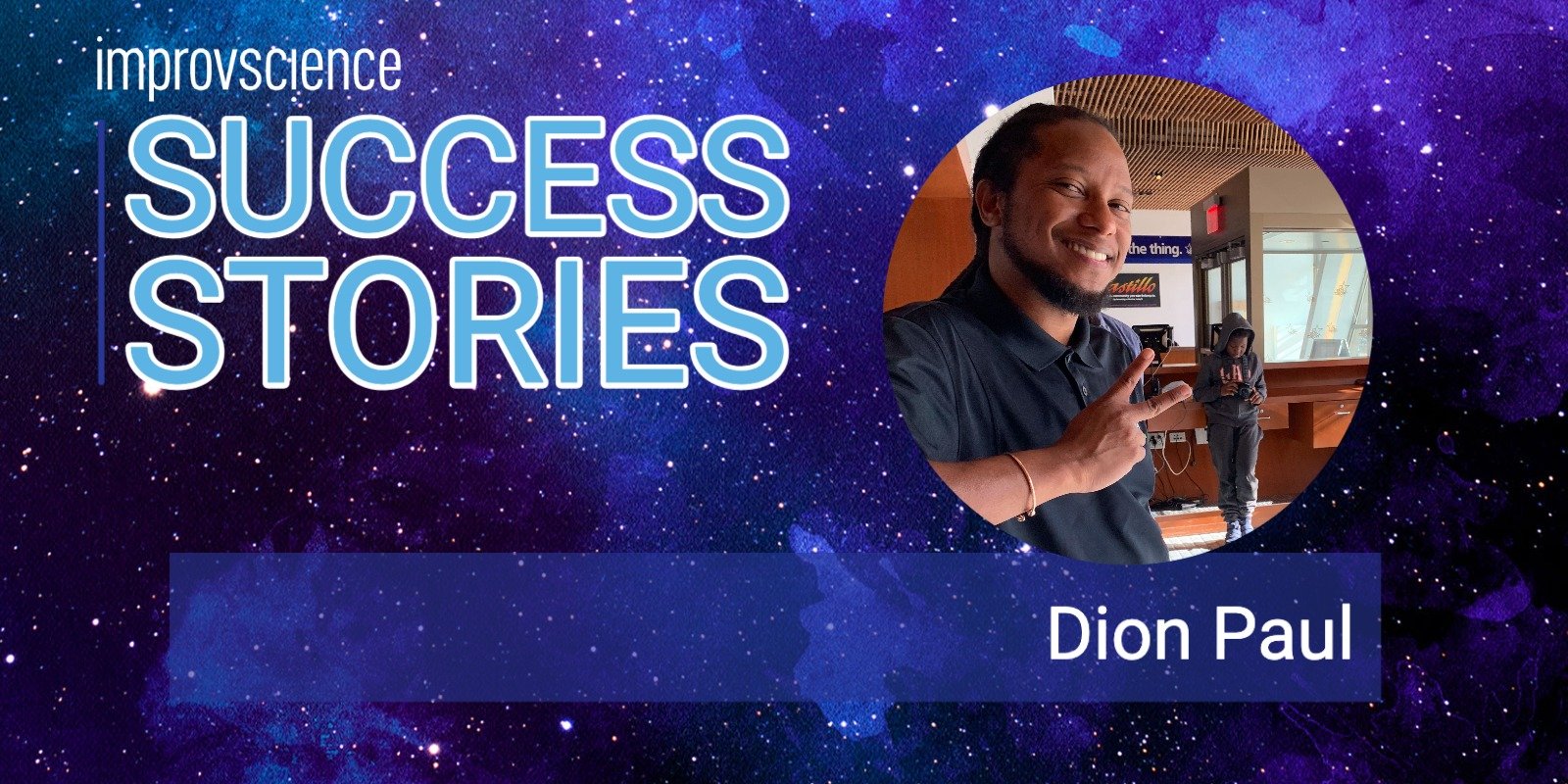
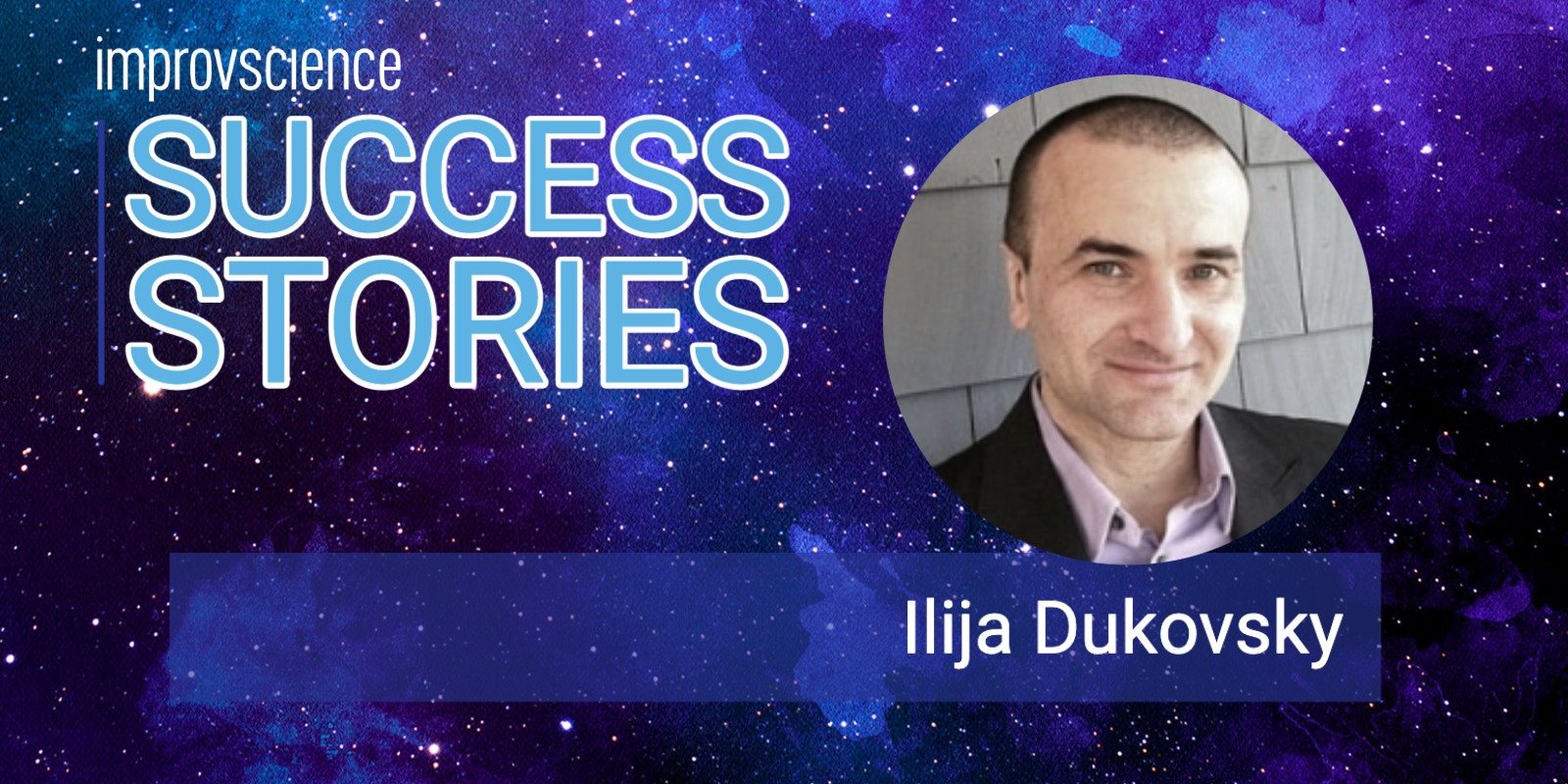

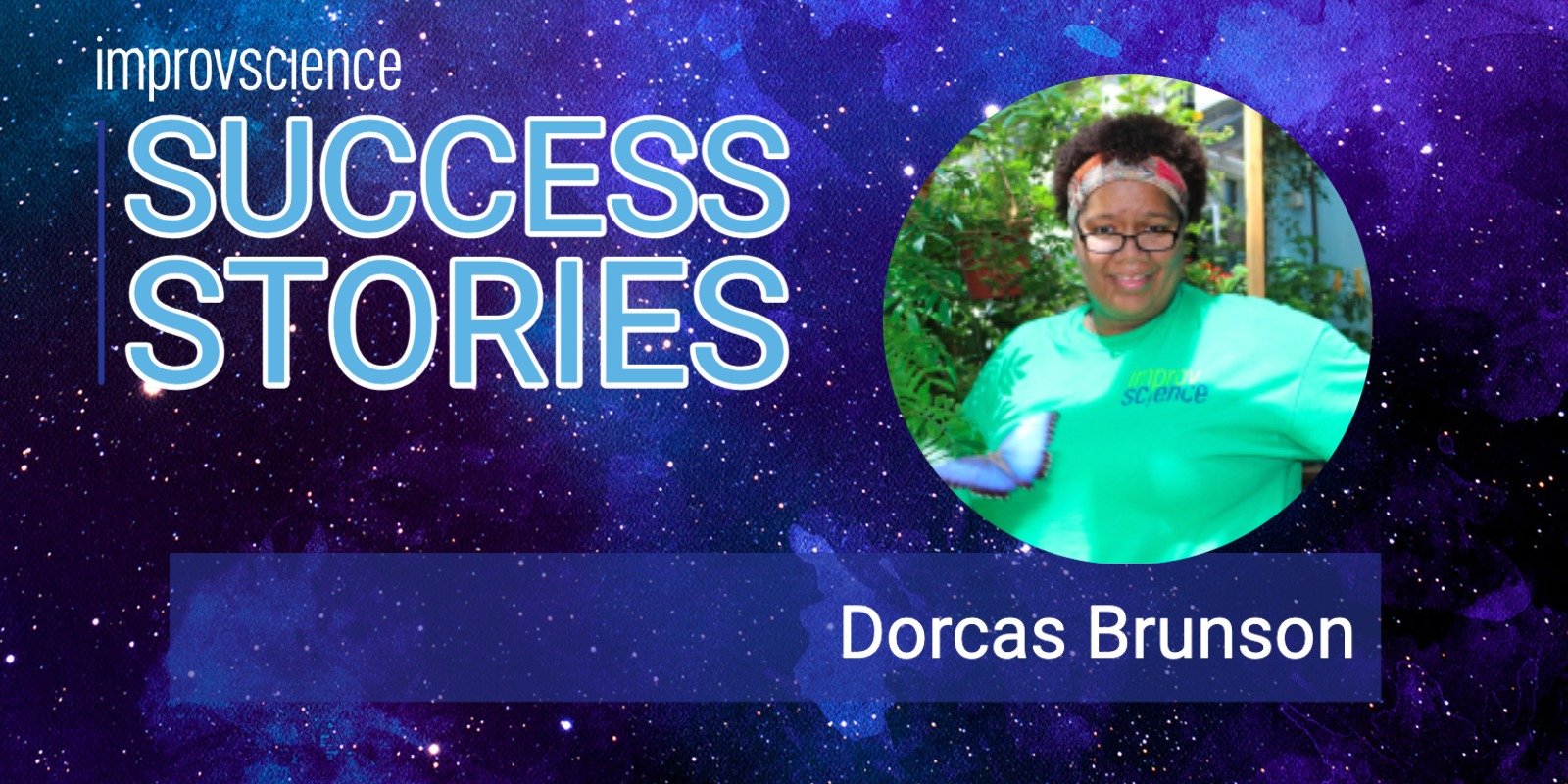
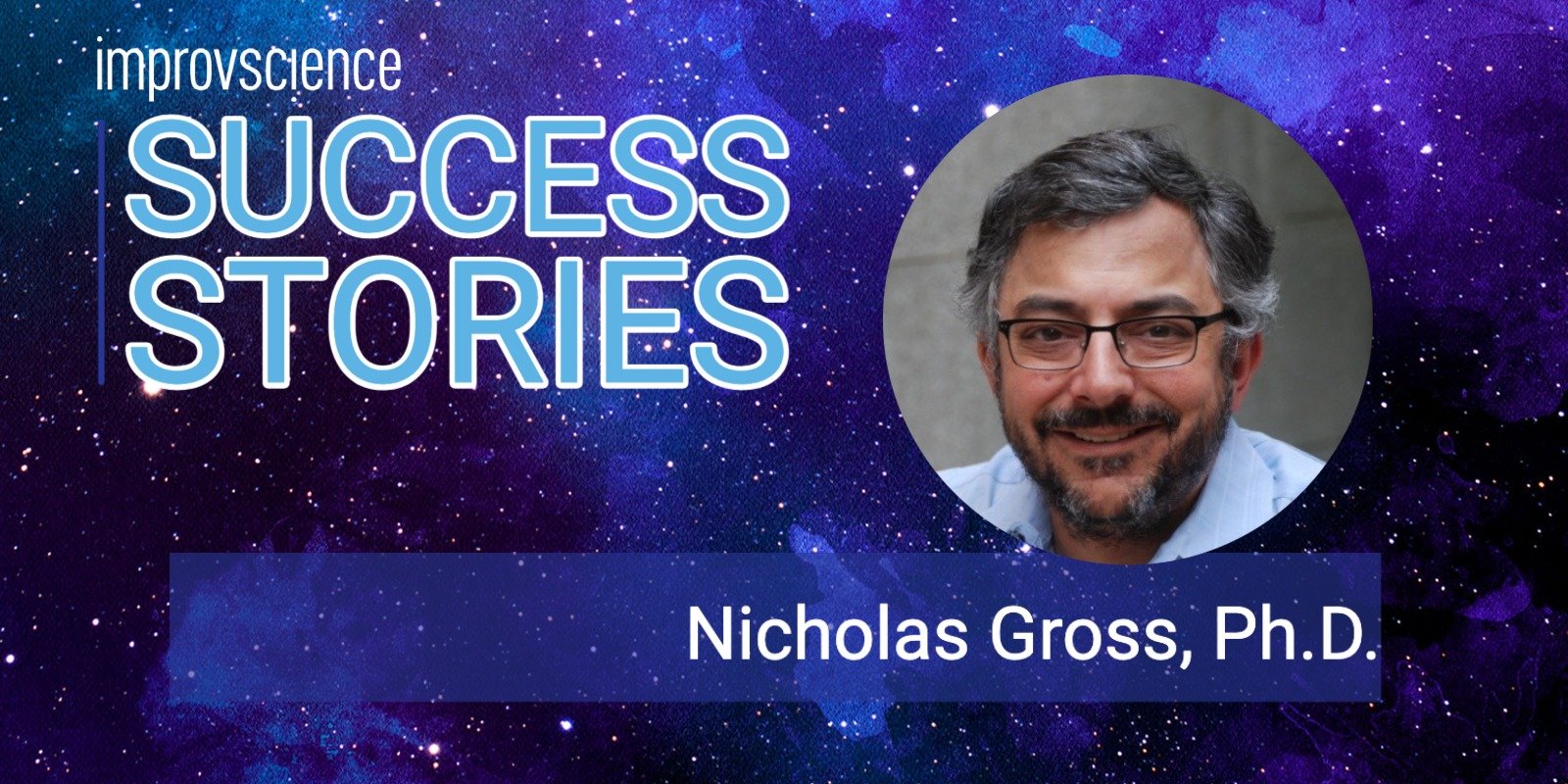
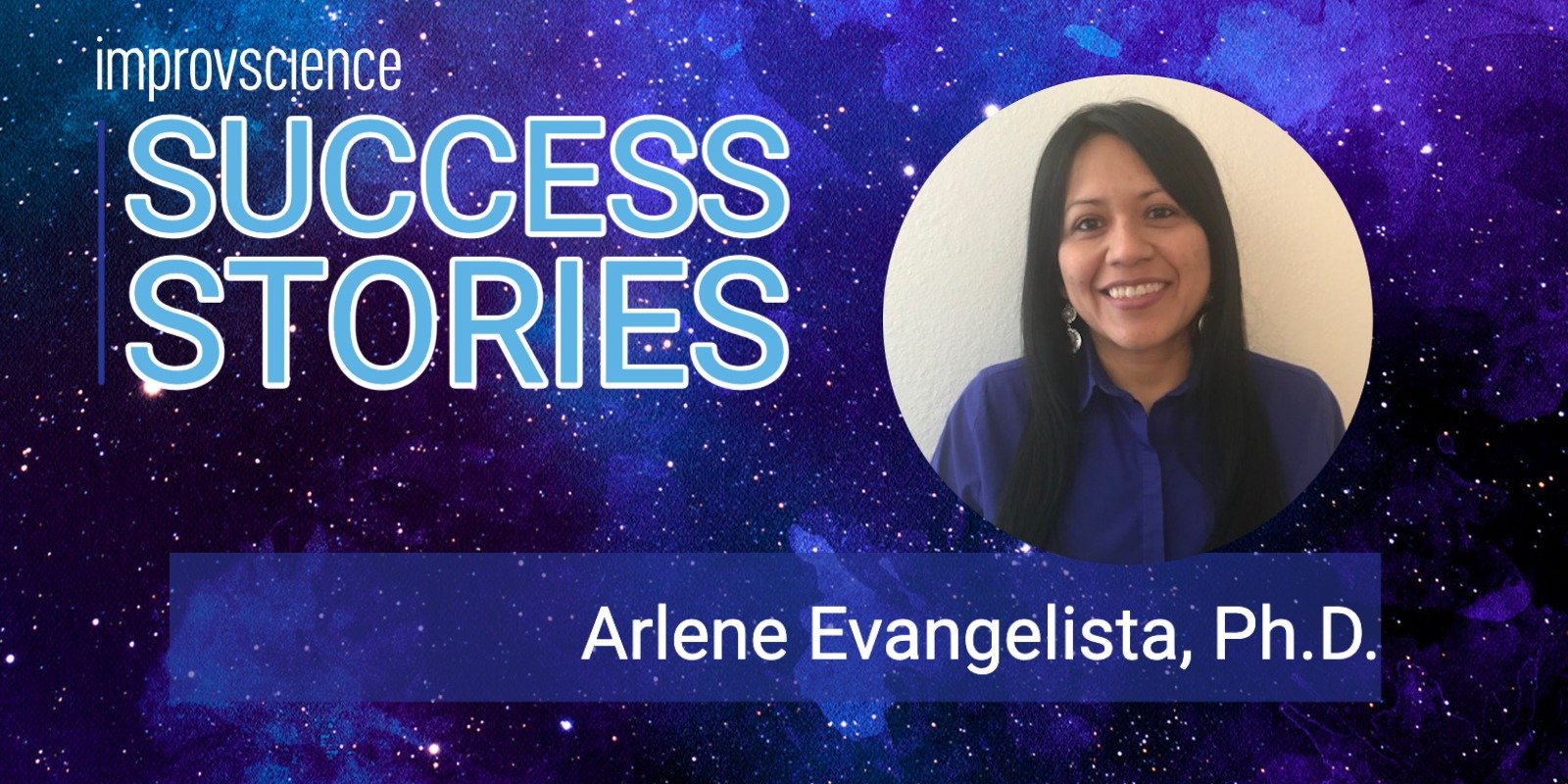
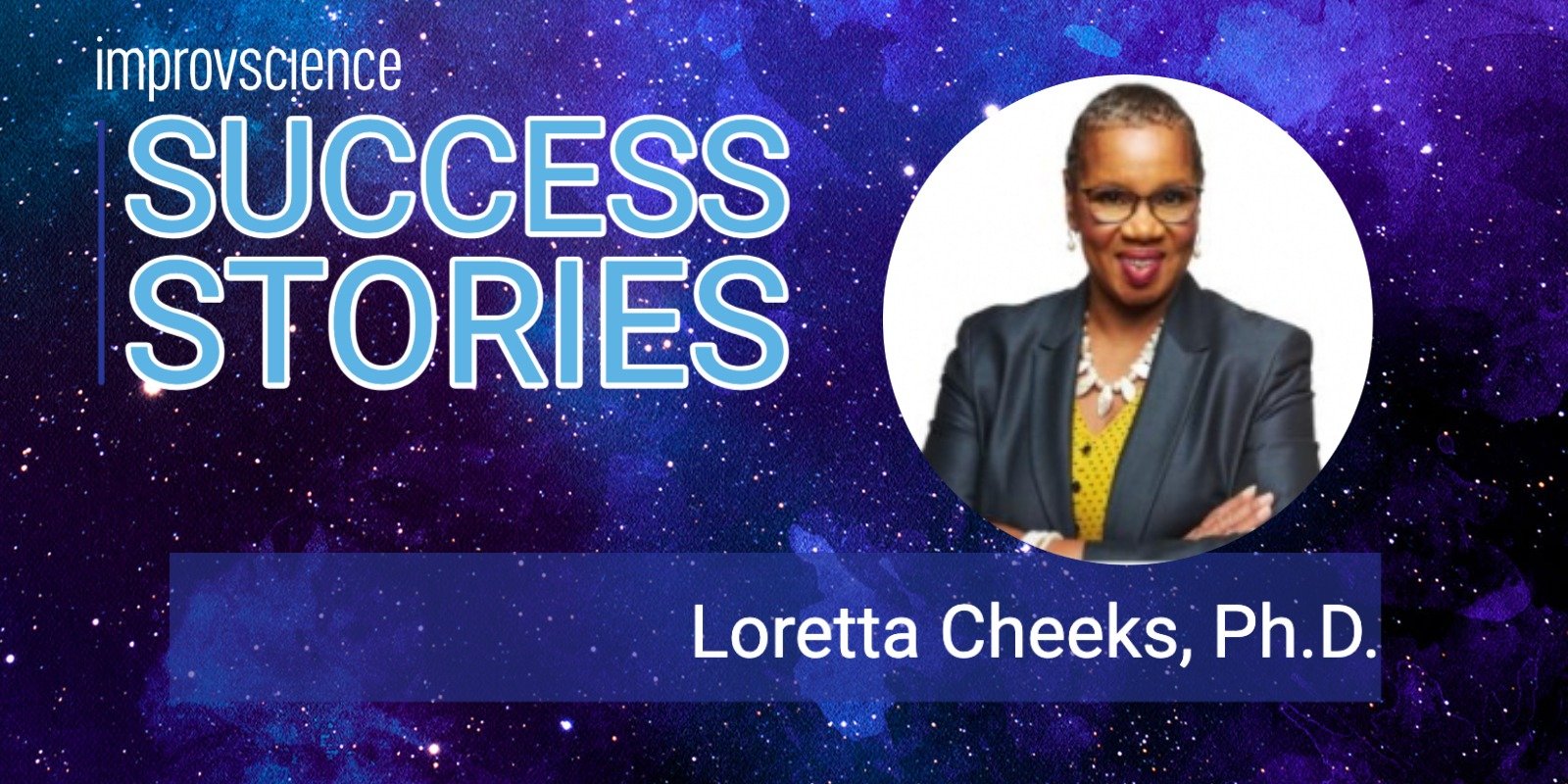
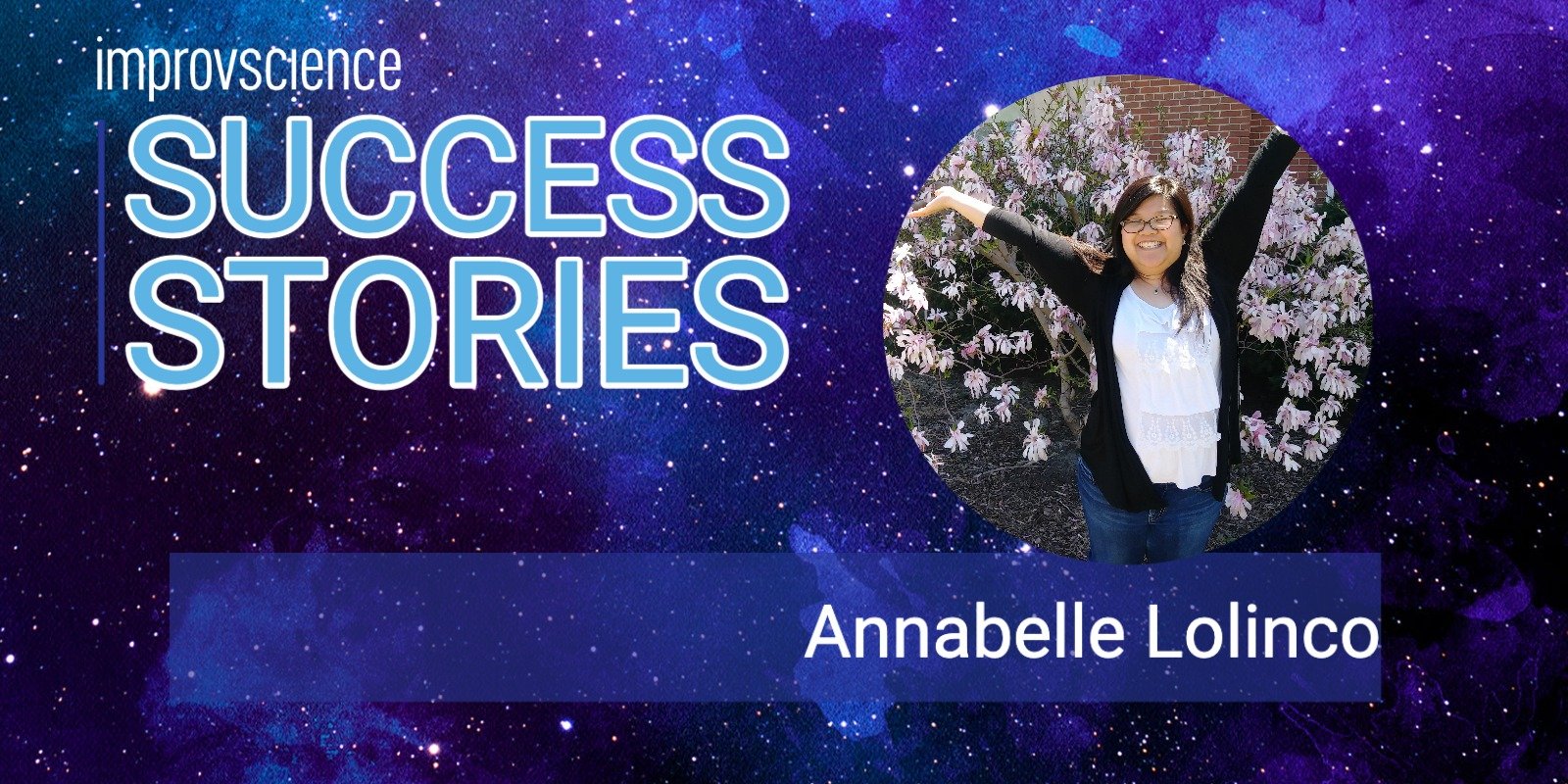
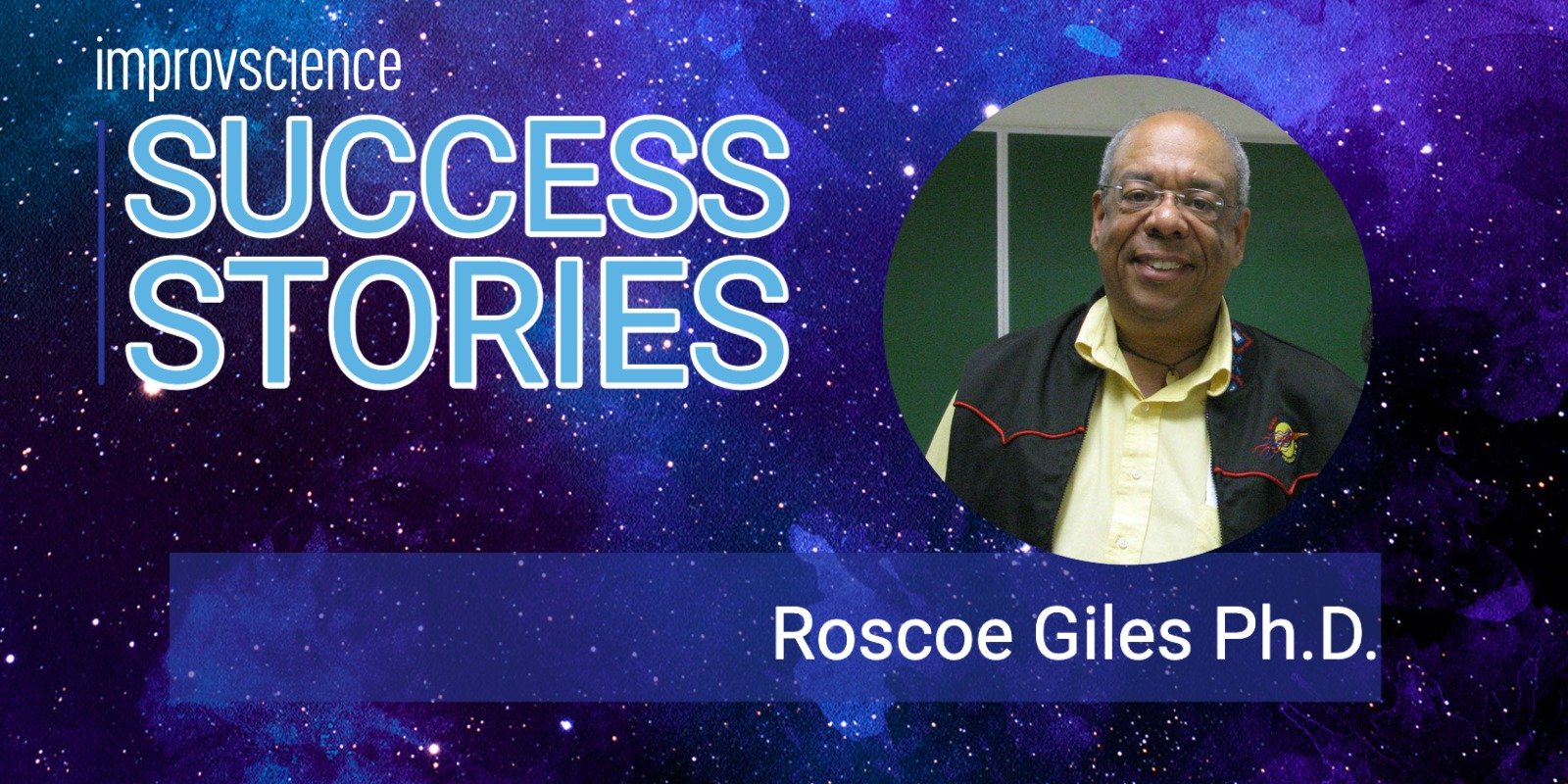
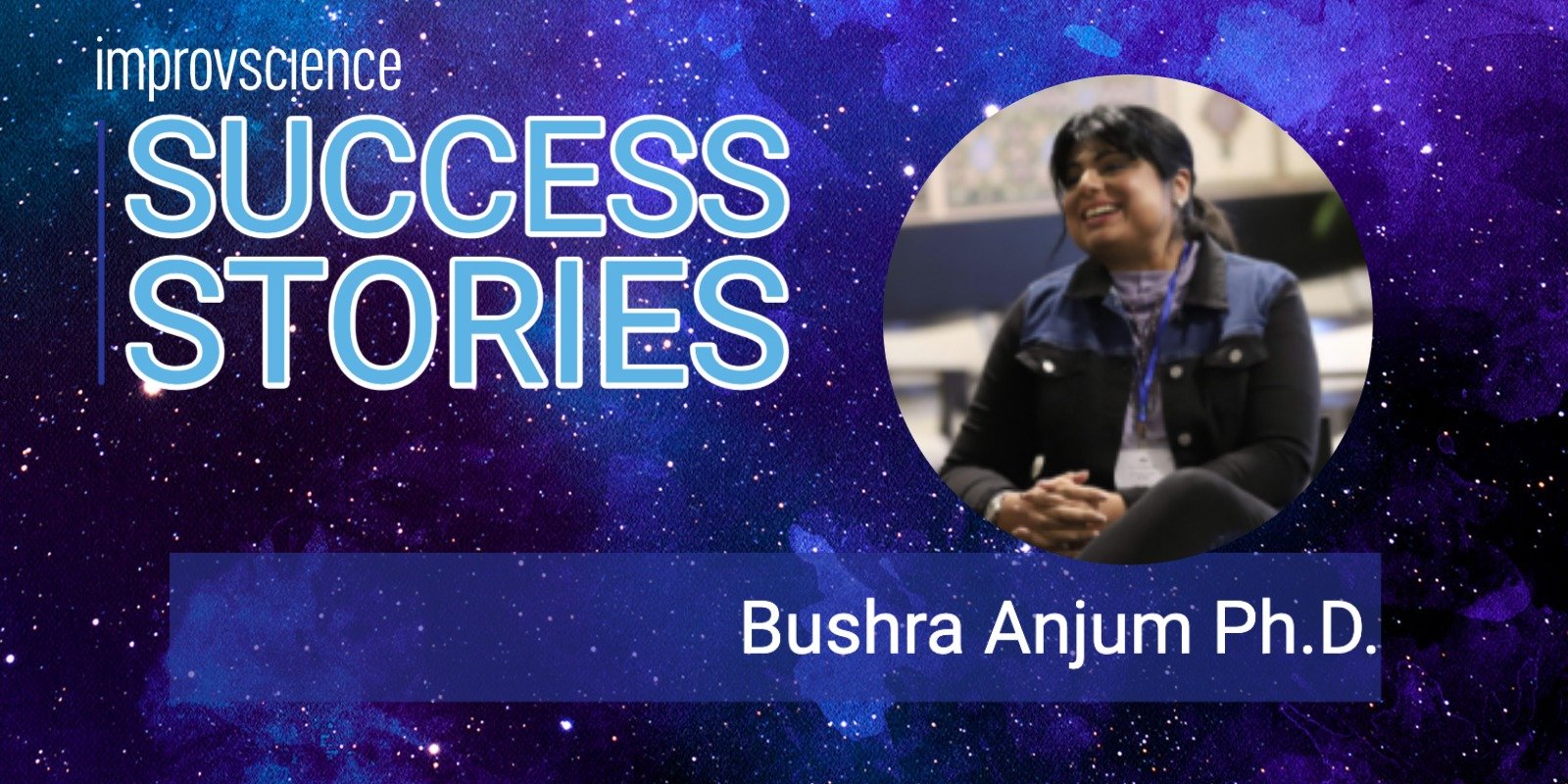
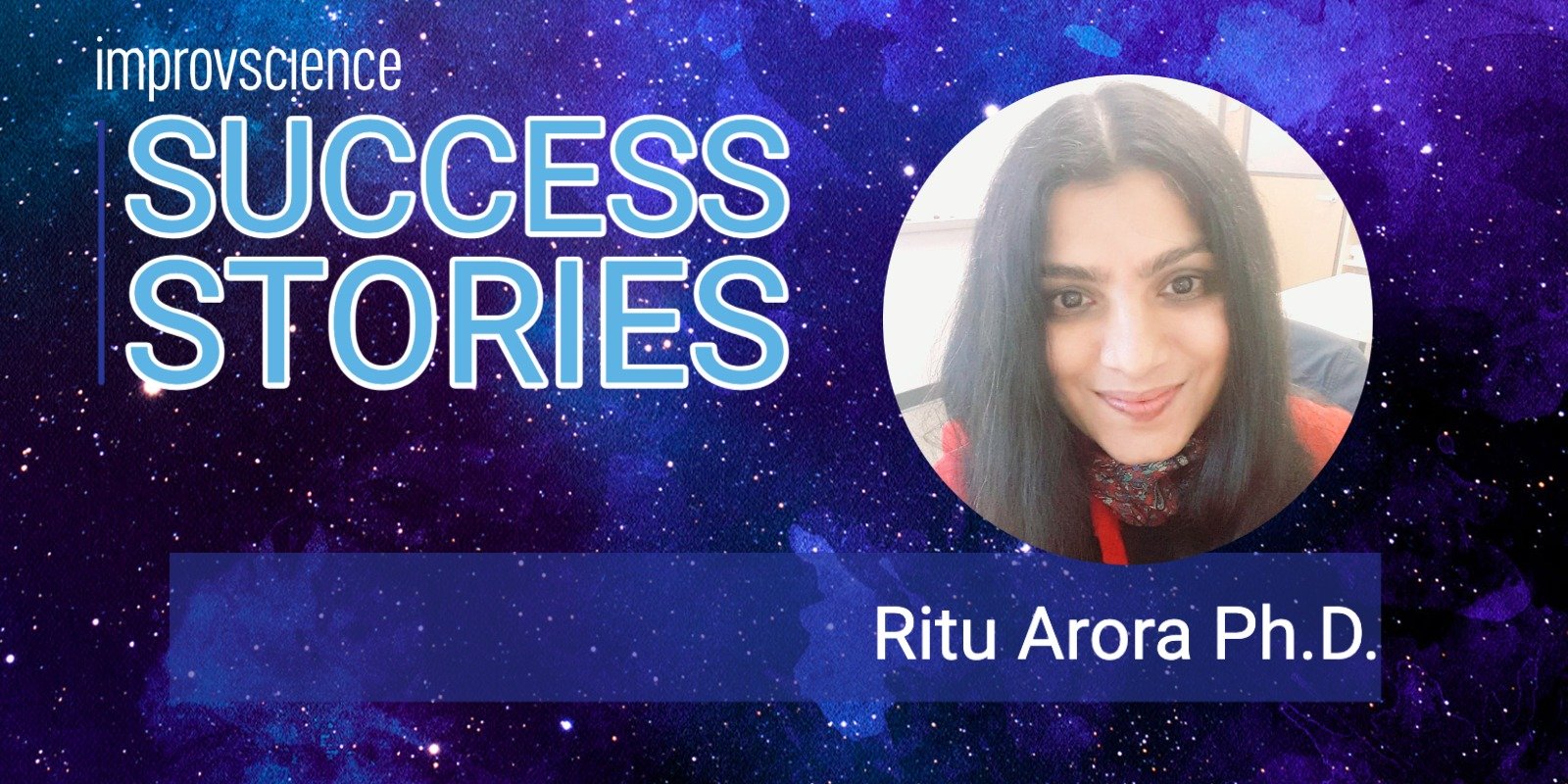


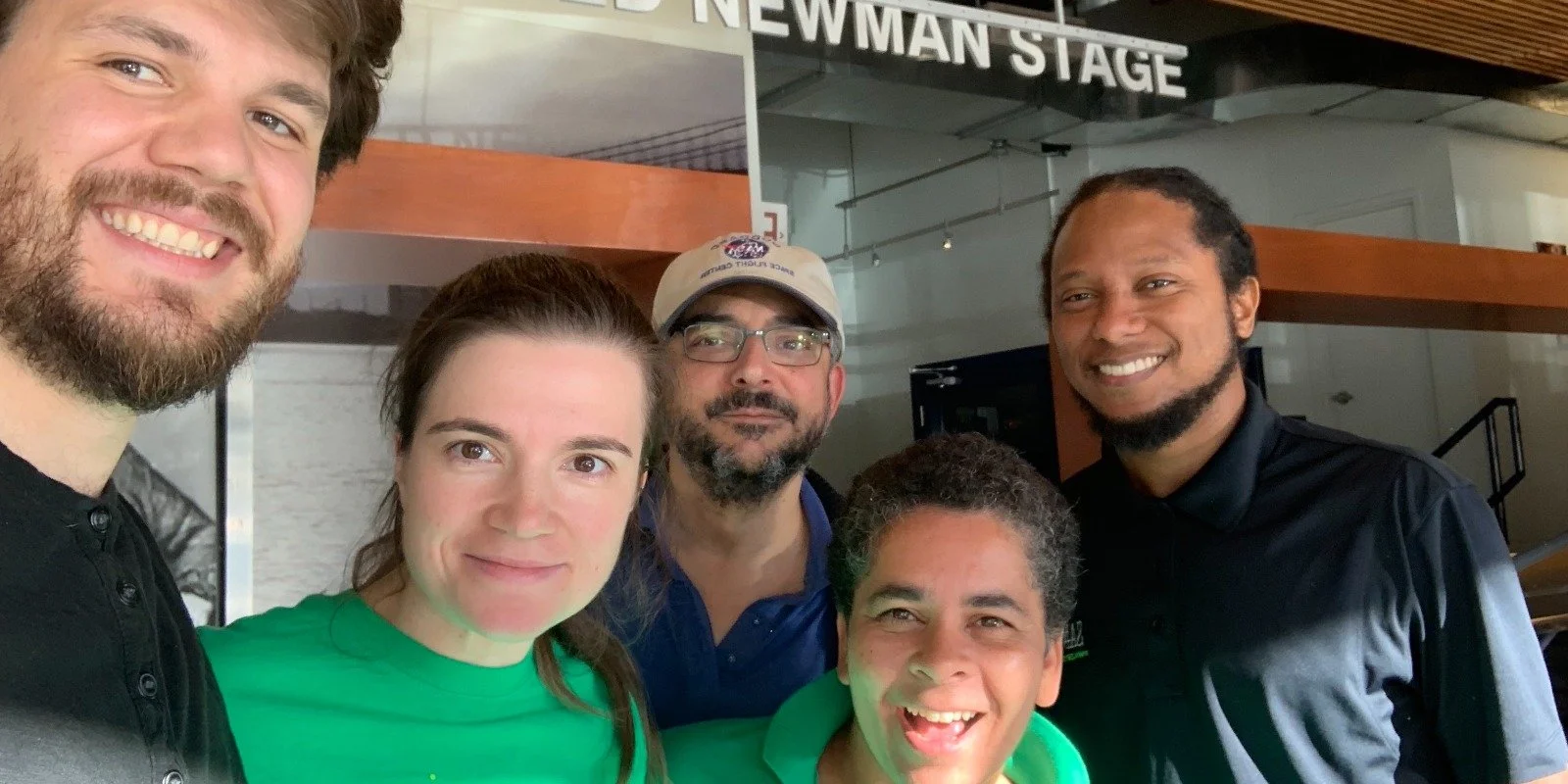






improvscience designs and implements programs that develop scientists’ ability to communicate and collaborate with one another. This video highlights work with organizations and communities that contribute to improving our science enterprise.
improvscience designs and implements programs that develop scientists’ ability to communicate and collaborate with one another. Dr. Raquell Holmes discovered that building playful learning groups, expands scientists and technical professionals ability to collaborate, innovate and lead productive careers.
This video highlights work with organizations and communities that contribute to improving our science enterprise: Bioinformatics at Boston University; System Biology at Harvard University; University of Connecticut Health Center; Simon A. Levin Mathematical, Computational and Modeling Sciences Center at Arizona State University; the Cultivating Ensembles in STEM Education & Research conference organizers and participants; Broader Engagement at Supercomputing; and the people of improvscience.